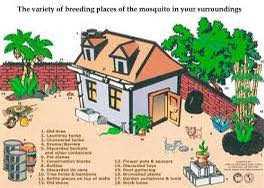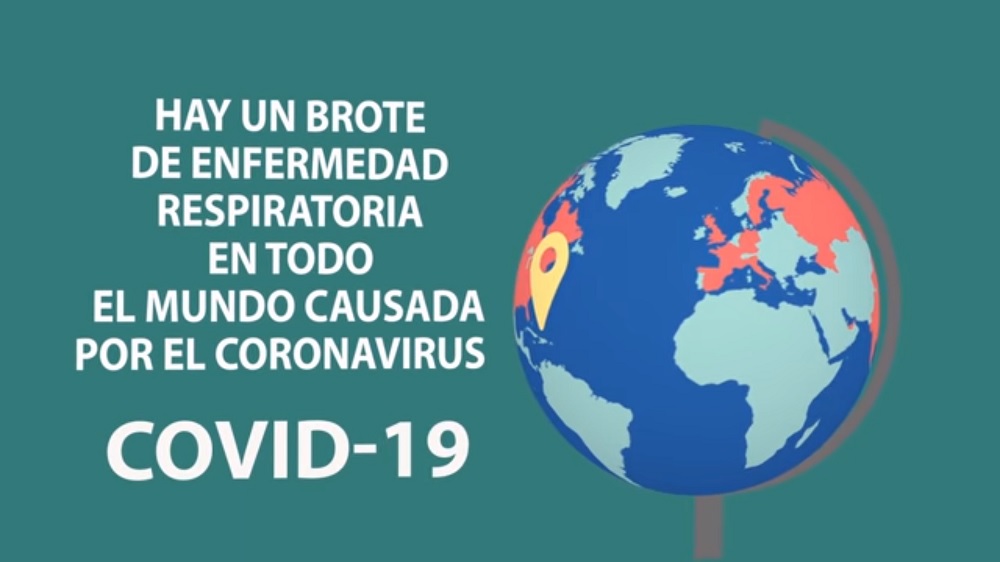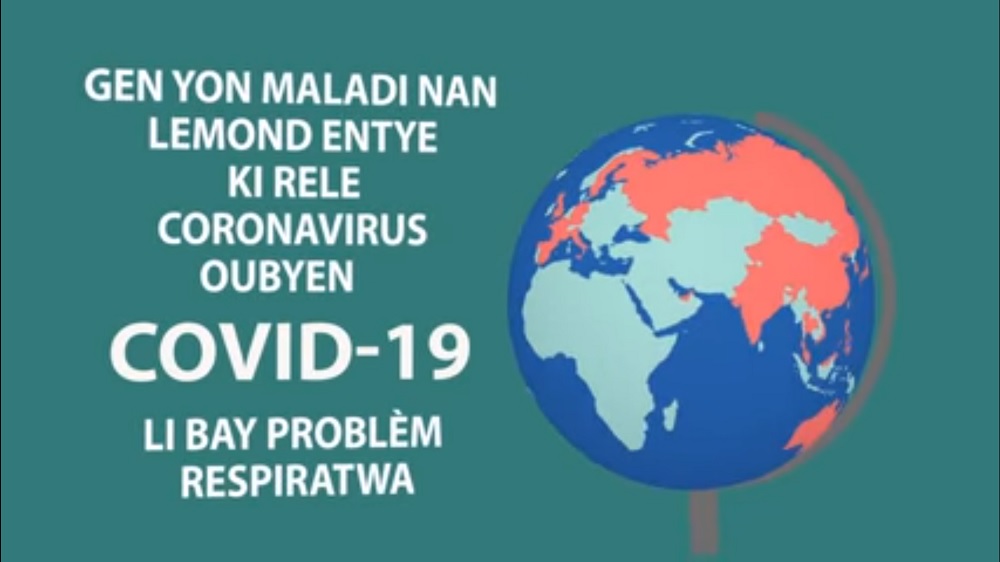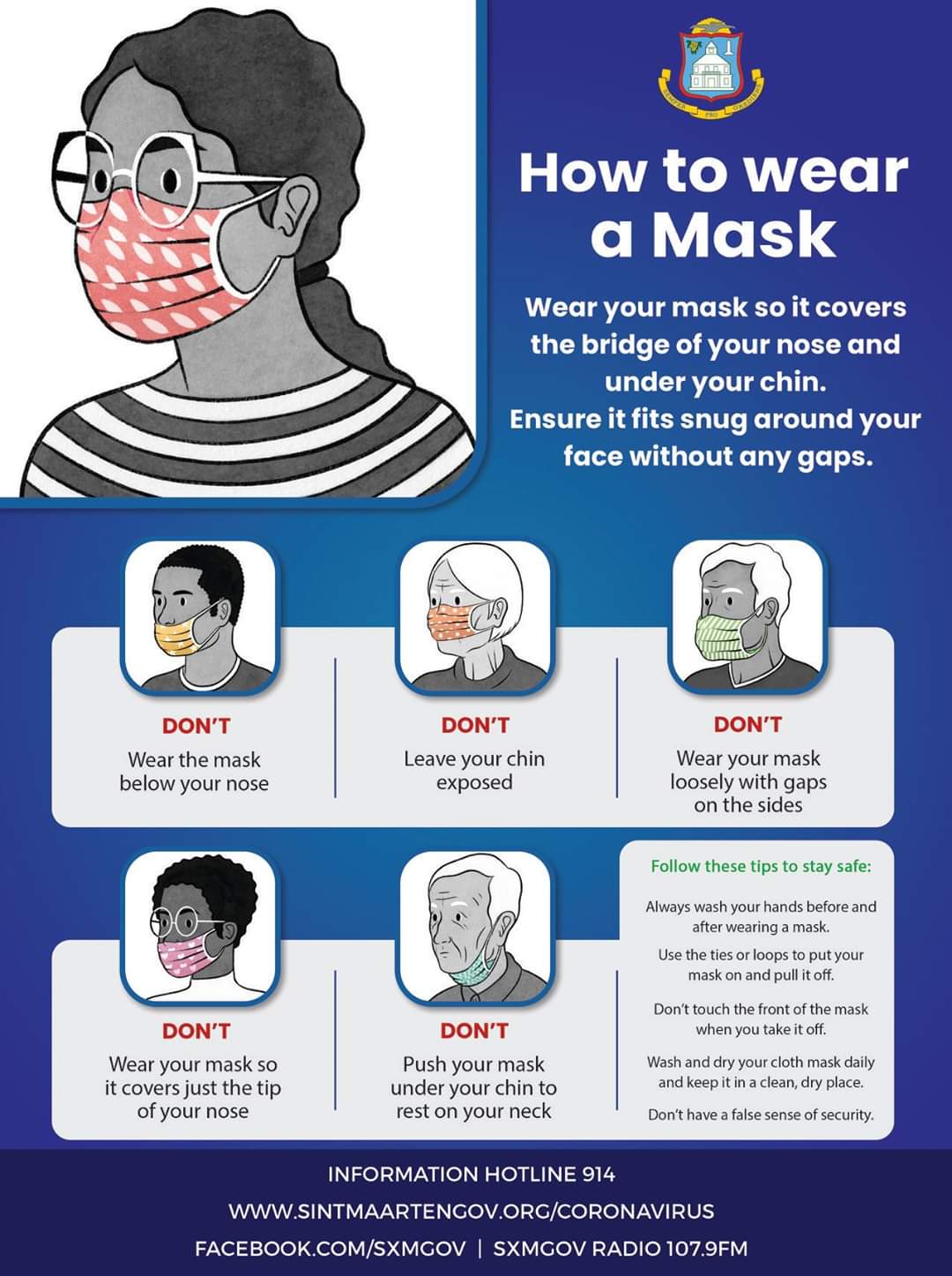Residents advised to Check Gardens/Yards for Mosquito Breeding Habitats after Rainfall
Take action after every rainfall event and end the breeding by not letting your home be a breeding site for mosquitoes. Mosquitoes also need to feed in order to reproduce, so avoid being bitten by joining the fight to stop the spread of mosquito-borne diseases.
Source reduction is the key to decreasing the mosquito population. Due to the tropical nature of our climate, breeding
habitats are in abundance, and many of them are unfortunately man-made.
A bite by an infectious Aedes aegypti mosquito, spreads diseases ? Dengue, Zika, Chikungunya, Yellow Fever -, and therefore it is crucial for every household to prevent its breeding.
Mosquitoes can breed in as little as a half-inch of water. This isn?t a lot of water, and plant saucers are one of those unassuming places that can gather a small amount and still be a huge breeding site for your backyard mosquito.
Breeding sites include anywhere that water can settle for a certain time from garbage to your flowers/plants. This includes tin cans, old tires, empty paint cans, buckets, old saucers, flowerpots, cemetery urns/vase, old pet dishes, unused plastic swimming pools, boats on dry dock, or other containers that collect and hold water.
Repair or prevent outside leaks. Plumbing that runs outside can be affected by exposure to the weather, resulting in minor leaks. Window air conditioners often drip condensation, which can pool on the ground. Dripping outdoor faucets also pool on the ground. Repair these problems to minimize water collection as much as possible.
Every household must do its part to eliminate Aedes aegypti mosquito breeding sites.
Once again, it is very important to check around your yard to make sure there is no standing water after a rainfall event, especially during the hurricane season when the country experiences more rainfall due to passing tropical weather systems.
A few tips/reminders: Get rid of any unused pots or bins or turn them upside down, so they don?t collect water; Keep trash and recycling bins covered. If you can, try drilling drain holes into the bottom of them; keep a fine-mesh screen over rain barrels, water tanks and cisterns.
Take a look at your plants, once your plants are collecting water in between the leaves and the stem, these too pose as a breeding site.
For issues surrounding mosquito breeding sites, contact CPS? vector control team by calling 914. Ask to be connected to the vector control team. You can also email vector-control@sintmaartengov.org with supporting pictures and contact information to report a mosquito nuisance or request assistance.










